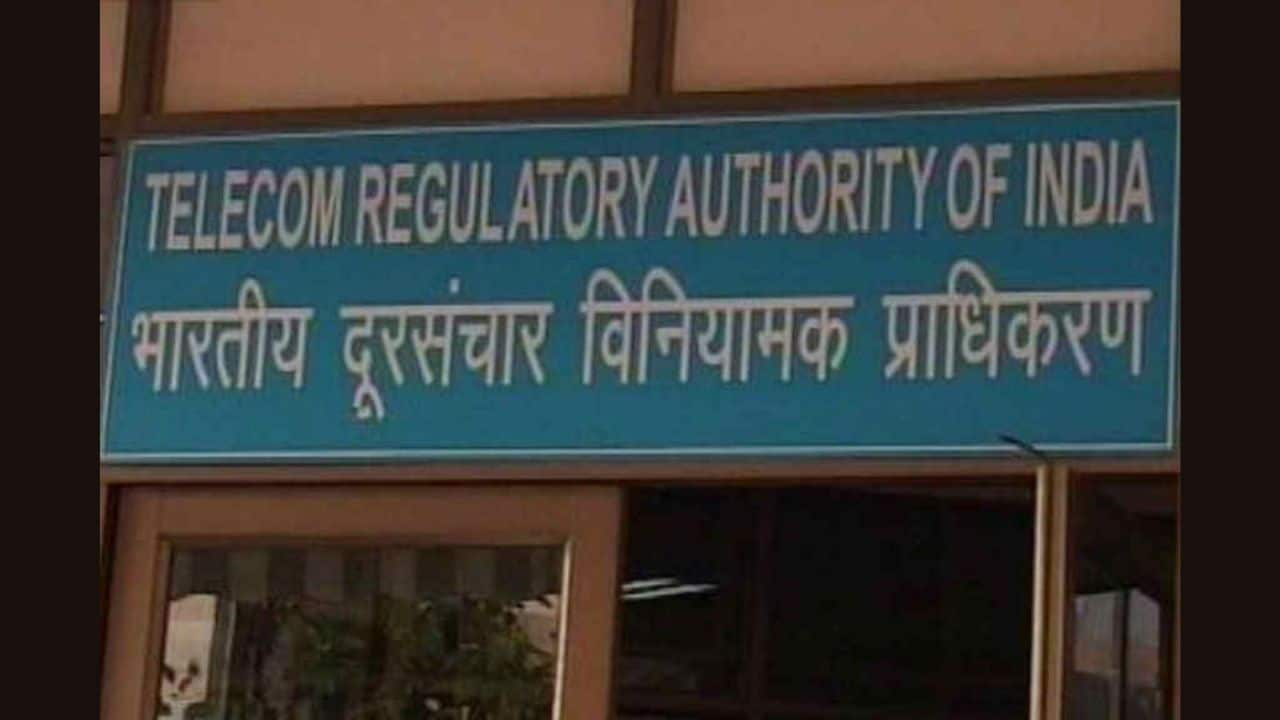The Telecom Regulatory Authority of India (TRAI) has released its recommendations on ‘Encouraging Innovative Technologies, Services, Use Cases, and Business Models through Regulatory Sandbox in Digital Communication Sector’.
“In view of new technological developments in 5G/6G, machine to machine communications, artificial intelligence, the internet of things, virtual reality, and others, there is a need to provide an environment in which new technologies, services, use cases and business models can be tested in live networks, or existing functions or processes can be refined,” said TRAI in a press statement announcing the release of recommendations.
Explaining how it works, the recommendation said, “Regulatory Sandbox (RS) makes real-time but regulated access to telecom network and customer resources, something that is not possible in conventional methods of lab testing or pilots. Specific and generic exemptions in regulations, valid only for RS testing, are granted for testing of new ideas.”
According to TRAI, regulatory bodies in many countries have established such sandbox frameworks. Providing such a framework for live testing in India will encourage more entrepreneurs to develop solutions for the digital communication industry of the country as well as the world.
Based on the reference received from DoT, stakeholder feedback, and in line with the definition of Regulatory Sandbox as provided in the Telecommunication Act’ 2023, which emphasize on testing of new products, services, processes, and business models in live testing environment on a limited set of users for a specified period of time after obtaining certain regulatory relaxations, the Authority has finalised its recommendations.
The recommendations highlight all the relevant components in detail and offer a comprehensive framework for conducting Sandbox testing for the Digital Communication sector. As part of the recommendations, the Authority has outlined the objective and boundaries of the RS framework.
The recommended RS framework for Digital Communication sector details the qualification to take part in the RS testing, essential requirements that participants must meet, supporting paperwork needed to demonstrate eligibility, the application, evaluation & approval procedure, the authority to waive or amend rules, validity period, procedures for authorisation revocation, and the reporting requirements.
“Indian companies or partnership firms, limited liability partnerships or a research institute who have done limited prior testing of their products/services/applications and meet all conditions mentioned in the framework can apply for regulatory sandbox testing. As the RS testing will be carried out in live networks on certain set of users, the framework has kept the security of networks and protection of customers in mind. Accordingly, it has been provided in the RS framework that the applicants will have to, inter-alia, provide details of regulatory exemptions sought, risk mitigation safeguards proposed, consumer protection mechanism suggested, and a well-defined exit strategy as part of their application,” said the recommendations.
The recommended Regulatory Sandbox framework is expected to give the Digital Communication industry’s startup ecosystem access to real network environments and other data of telecom network to help test the reliability of new applications before bringing them to market.
The framework provides for using cross-sector cooperation in carrying out RS testing with the help of other ministries and agencies. By providing a RS framework that enable various digital communication sector entities to work together in a structured manner, these recommendations are expected to synergize the efforts of innovators, startups, telecommunications companies, government agencies, and regulators to boost innovation and start-up eco system.
